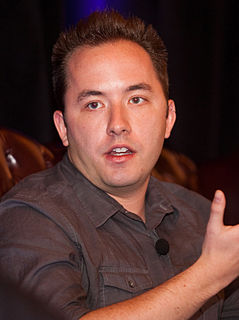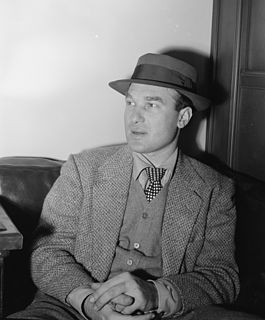A Quote by John T. Chambers
At Cisco, we are moving to collaboration teams, groups coming together that represent sales, engineering, finance, legal, etc. And we're training leaders to think across silos.
Related Quotes
We need to develop and disseminate an entirely new paradigm and practice of collaboration that supersedes the traditional silos that have divided governments, philanthropies and private enterprises for decades and replace it with networks of partnerships working together to create a globally prosperous society.
Do you know when you cross against traffic? You look down the street and see a car coming, but you know you can get across before it gets to you. So even though there’s a DON’T WALK sign, you cross anyway. And there’s always a split second when you turn and see that car coming, and you know that if you don’t continue moving, it will all be over. That’s how I feel a lot of the time. I know I’ll make it across. I always make it across. But the car is always there, and I always stop to watch it coming.


































